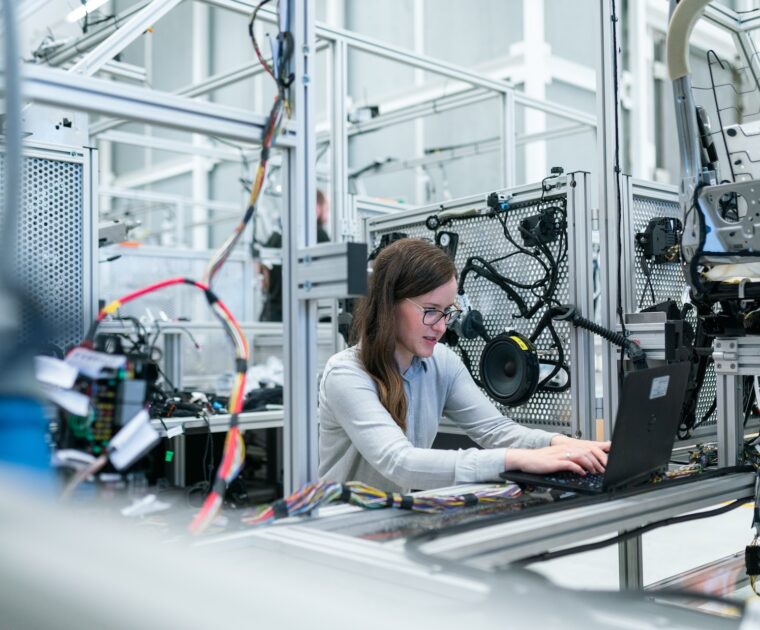Future of Healthcare and AI

Artificial Intelligence (AI) has the potential to revolutionize the healthcare industry by improving patient care, reducing costs, and increasing efficiency. The Future of Healthcare and AI can positively assist healthcare professionals make more accurate diagnoses, provide personalized treatment, and even predict disease outbreaks. There will be processes and work that will not fall under the use cases of Artificial Intelligence (AI) in Healthcare, that would best be solved with low-code or outsourcing.
Diagnosis and Treatment
One of the most significant ways that AI is impacting healthcare is through its ability to assist with diagnosis and treatment. By analyzing large amounts of medical data, AI algorithms can identify patterns and make predictions that might be missed by a human doctor. This can help doctors make more accurate diagnoses and provide more effective treatment. For example, AI can be used to analyze medical images, such as x-rays and CT scans, which can help doctors identify early-stage tumors or other health conditions.
Predictive Analytics
Another area where AI is having a significant impact is in the field of predictive analytics. By analyzing large amounts of data, AI algorithms can predict when certain diseases will occur and help healthcare professionals take preventative measures. This can help reduce the spread of disease and improve patient outcomes. For example, AI can be used to predict outbreaks of influenza, which can help healthcare professionals prepare for the influx of patients.
Remote Monitoring and the Future of Healthcare and AI
AI can also be used to monitor patients remotely. By using wearable technology, such as smartwatches, AI can track a patient’s vital signs and provide real-time data to healthcare professionals. This can help healthcare professionals identify potential health problems early on, and make adjustments to treatment plans as needed.
AI has the potential to revolutionize the healthcare industry by improving patient care, reducing costs, and increasing efficiency.
Future of Healthcare and AI Summary
In conclusion, AI has the potential to revolutionize the healthcare industry by improving patient care, reducing costs, and increasing efficiency. By assisting with diagnosis and treatment, predictive analytics, and remote monitoring, AI can help healthcare professionals make more accurate diagnoses, provide personalized treatment, and even predict disease outbreaks. As technology continues to advance, it is likely that we will see even more ways in which AI can be used to improve healthcare outcomes and make the healthcare system more efficient.”



